Hard-Line Judiciary Head Ebrahim Raisi Wins Iran Presidential Election as Turnout Low
Sat 19 Jun 2021, 18:51:11
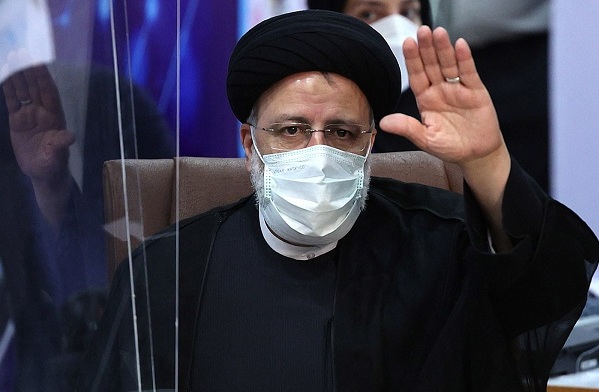
Iran's hard-line judiciary chief won the country's presidential election in a landslide victory Saturday, propelling the supreme leader's protege into Tehran's highest civilian position in a vote that appeared to see the lowest turnout in the Islamic Republic's history.
Initial results showed Ebrahim Raisi won 17.8 million votes in the contest, dwarfing those of the race's sole moderate candidate. However, Raisi dominated the election only after a panel under the watch of Supreme Leader Ayatollah Ali Khamenei disqualified his strongest competition.
His candidacy, and the sense the election served more as a coronation for him, sparked widespread apathy among eligible voters in the Islamic Republic, which has held up turnout as a sign of support for the theocracy since its 1979 Islamic Revolution. Some, including former hard-line President Mahmoud Ahmadinejad, called for a boycott.
In initial results, former Revolutionary Guard commander Mohsen Rezaei won 3.3 million votes and moderate Abdolnasser Hemmati got 2.4 million, said Jamal Orf, the head of Iran's Interior Ministry election headquarters. The race's fourth candidate, Amirhossein Ghazizadeh Hashemi, had around 1 million votes, Orf said.
Hemmati offered his congratulations on Instagram to Raisi early Saturday.
I hope your administration provides causes for pride for the Islamic Republic of Iran, improves the economy and life with comfort and welfare for the great nation of Iran, he wrote.
On Twitter, Rezaei praised Khamenei and the Iranian people for taking part in the vote.
God willing, the decisive election of my esteemed brother, Ayatollah Dr. Seyyed Ebrahim Raisi, promises the establishment of a strong and popular government to solve the country's problems, Rezaei
wrote.
wrote.
The quick concessions, while not unusual in Iran's previous elections, signaled what semiofficial news agencies inside Iran had been hinting at for hours: That the carefully controlled vote had been a blowout win for Raisi amid the boycott calls.
As night fell Friday, turnout appeared far lower than in Iran's last presidential election in 2017. At one polling place inside a mosque in central Tehran, a Shiite cleric played soccer with a young boy as most of its workers napped in a courtyard. At another, officials watched videos on their mobile phones as state television blared beside them, offering only tight shots of locations around the country as opposed to the long, snaking lines of past elections.
Balloting came to a close at 2.a.m. Saturday, after the government extended voting to accommodate what it called crowding at several polling places nationwide. Paper ballots, stuffed into large plastic boxes, were to be counted by hand through the night, and authorities said they expected to have initial results and turnout figures Saturday morning at the earliest.
My vote will not change anything in this election, the number of people who are voting for Raisi is huge and Hemmati does not have the necessary skills for this, said Hediyeh, a 25-year-old woman who gave only her first name while hurrying to a taxi in Haft-e Tir Square after avoiding the polls. I have no candidate here.
Iranian state television sought to downplay the turnout, pointing to the Gulf Arab sheikhdoms surrounding it ruled by hereditary leaders, and the lower participation in Western democracies. After a day of amplifying officials' attempts to get out the vote, state TV broadcast scenes of jam-packed voting booths in several provinces overnight, seeking to portray a last-minute rush to the polls.
No Comments For This Post, Be first to write a Comment.
Most viewed from International
Most viewed from World
AIMIM News
Latest Urdu News
Most Viewed
May 26, 2020
Should there be an India-Pakistan cricket match or not?
Latest Videos View All
Like Us
Home
About Us
Advertise With Us
All Polls
Epaper Archives
Privacy Policy
Contact Us
Download Etemaad App
© 2026 Etemaad Daily News, All Rights Reserved.

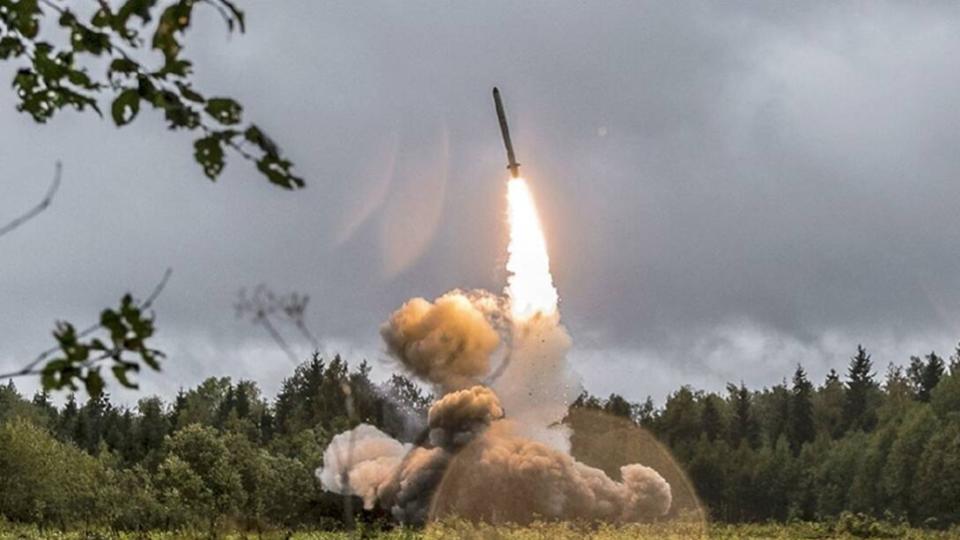
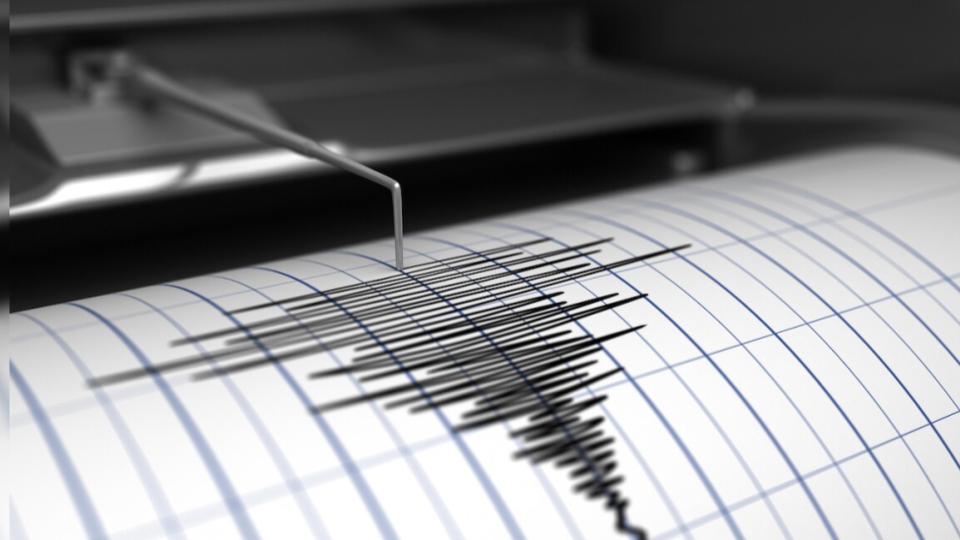
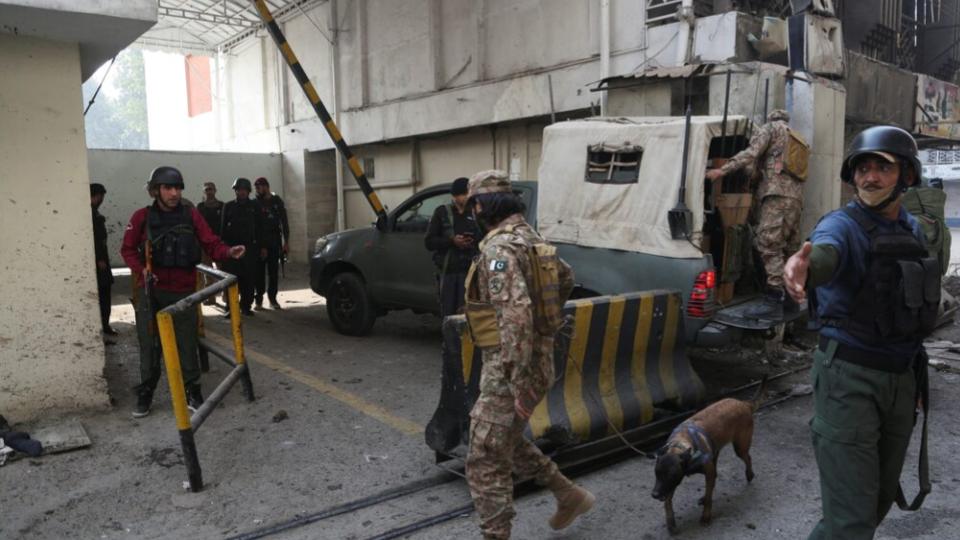
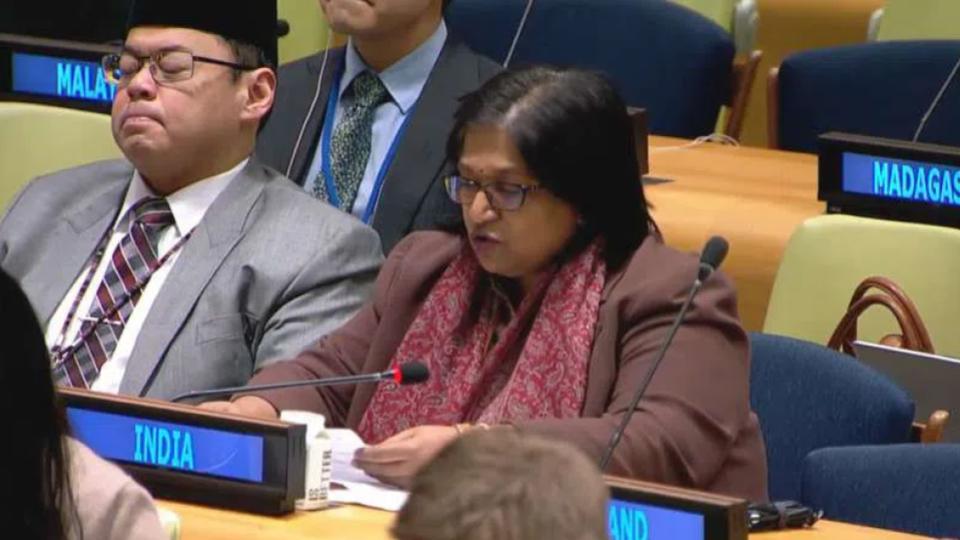
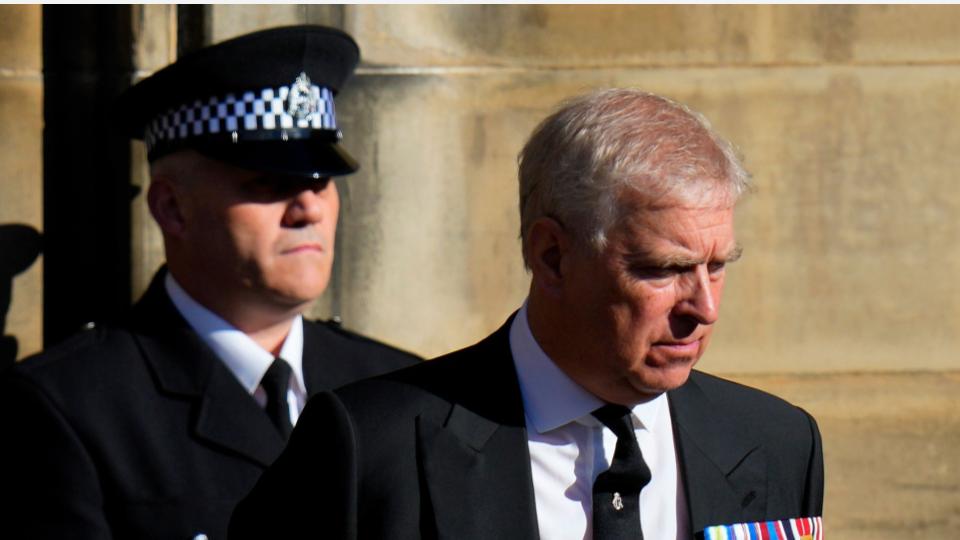
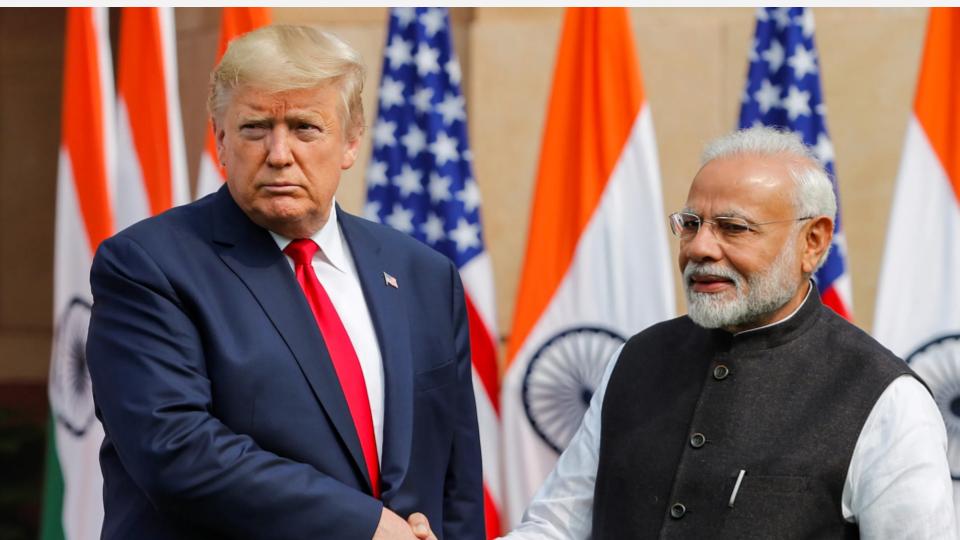
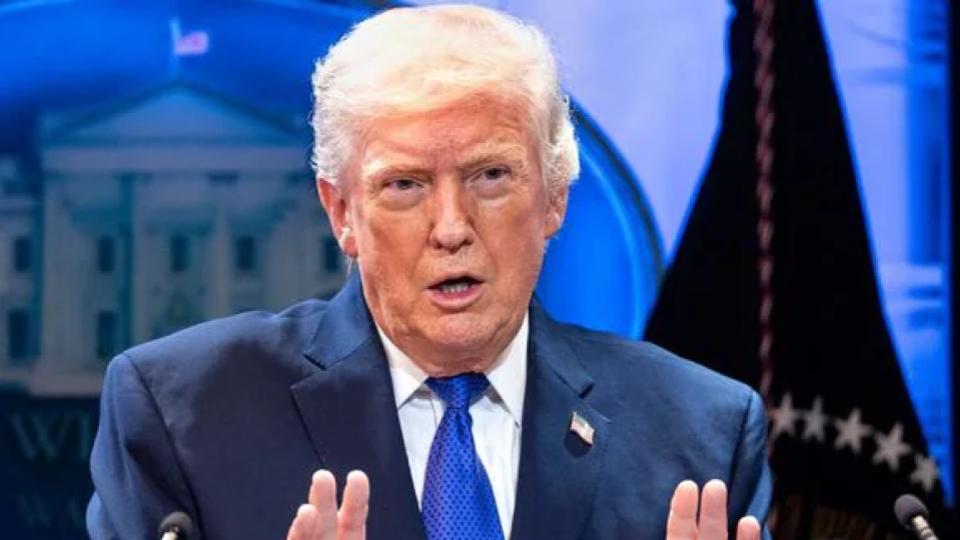


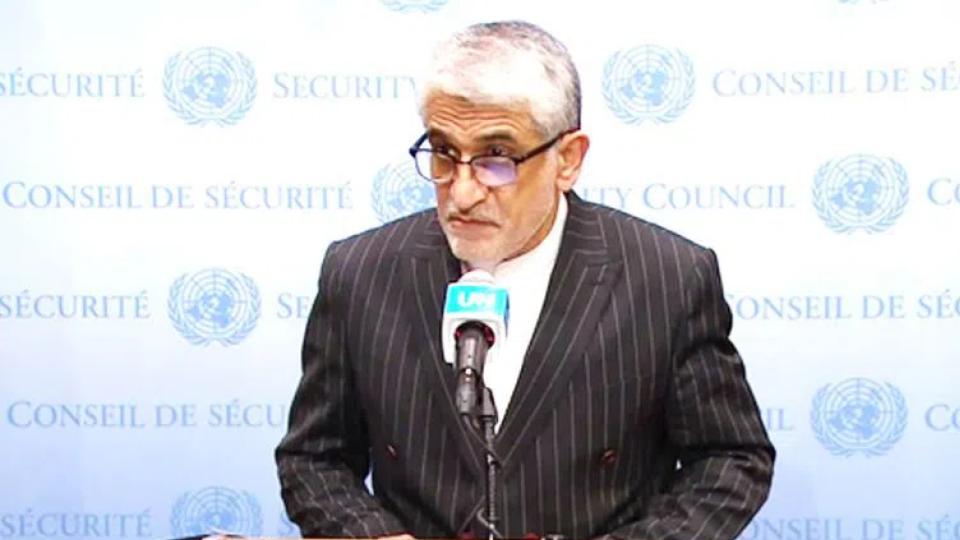
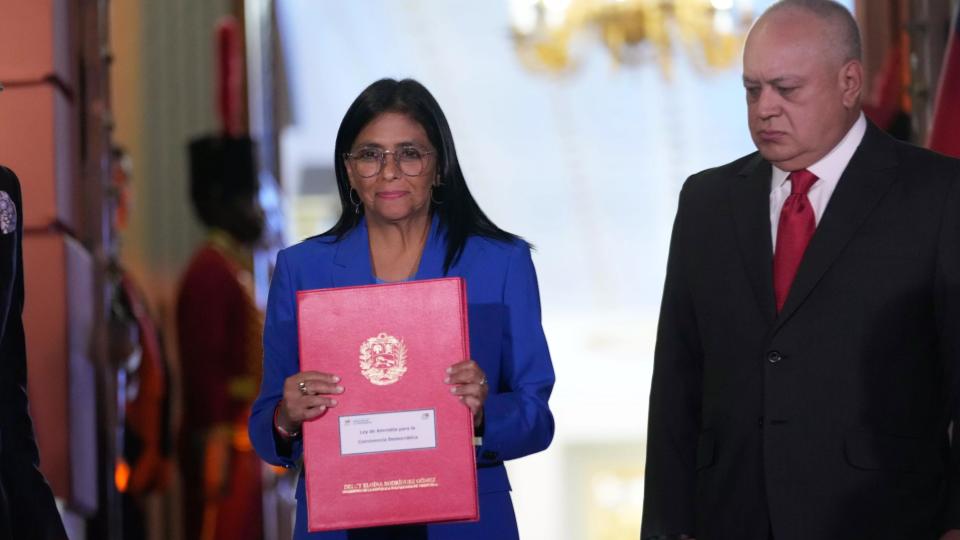

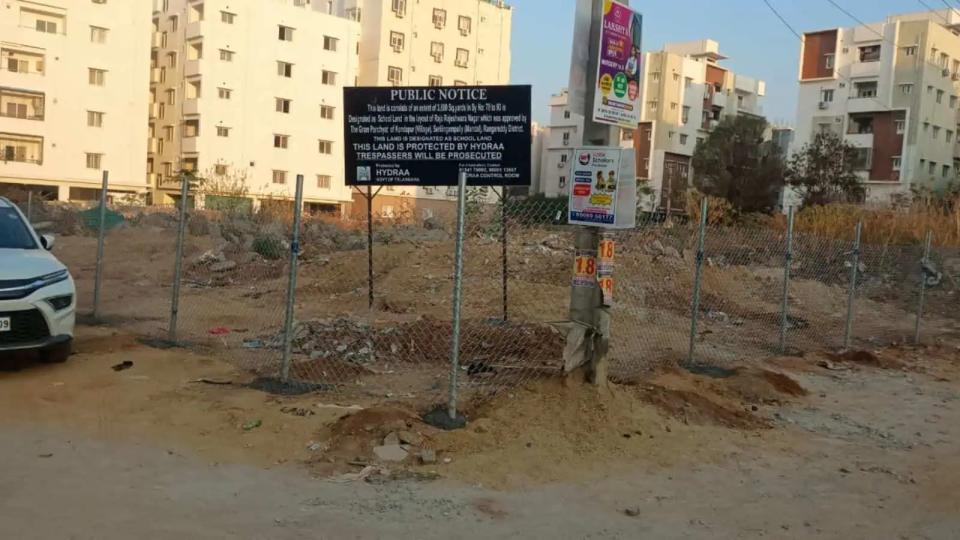
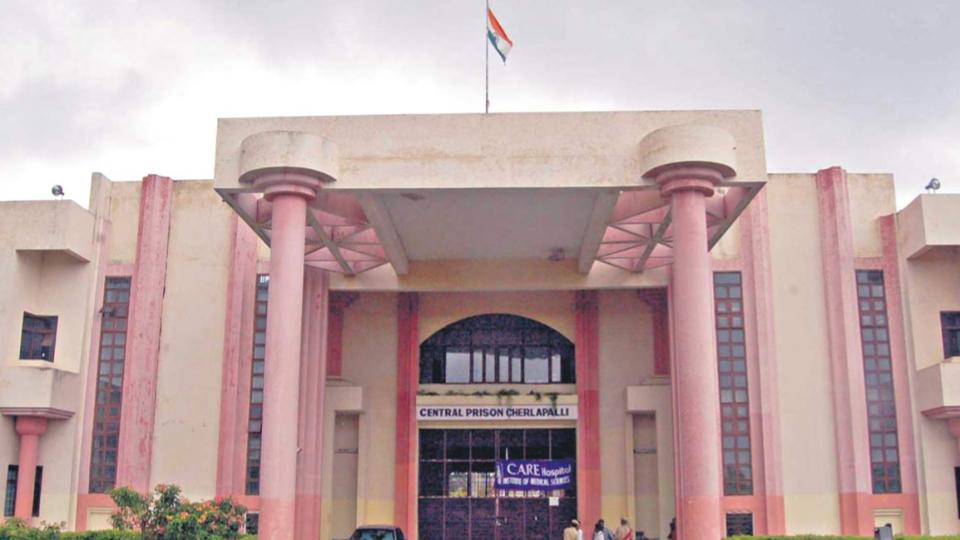
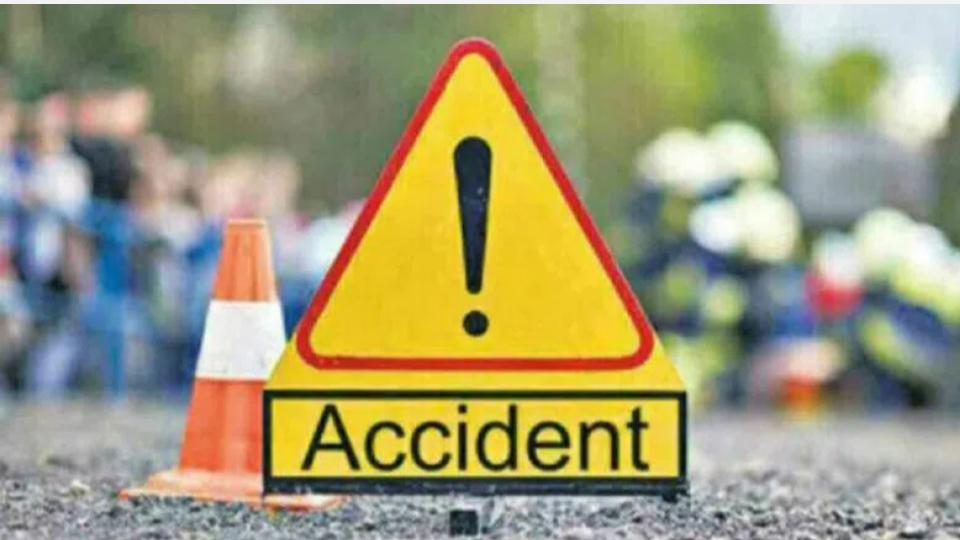
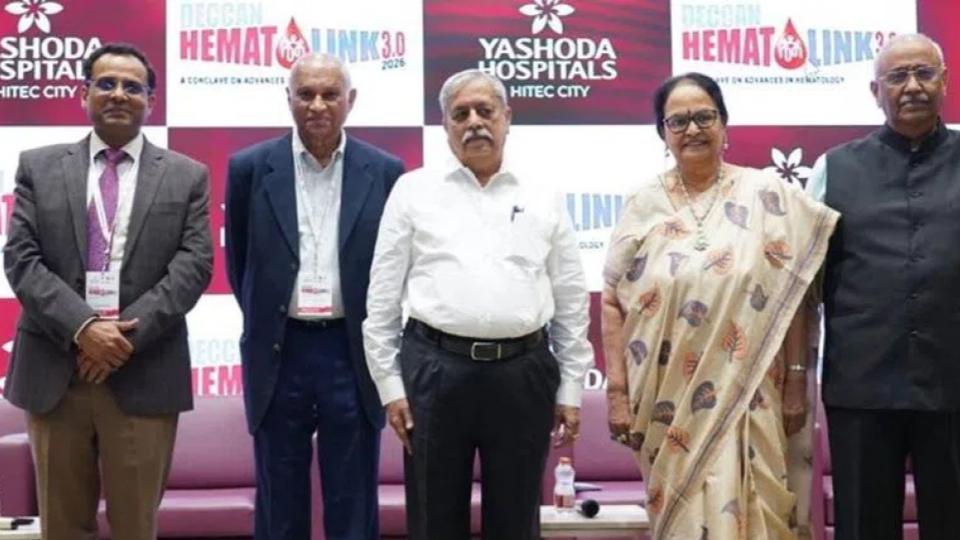


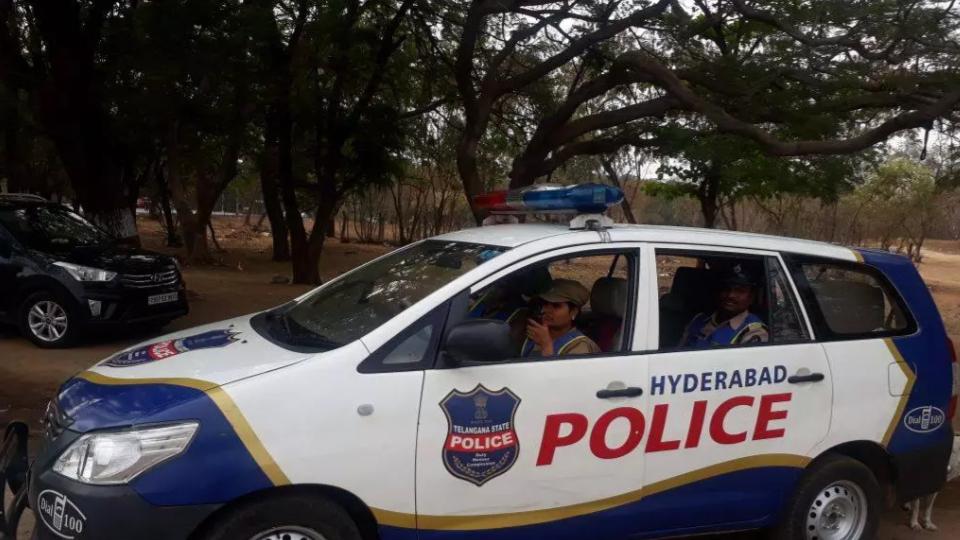
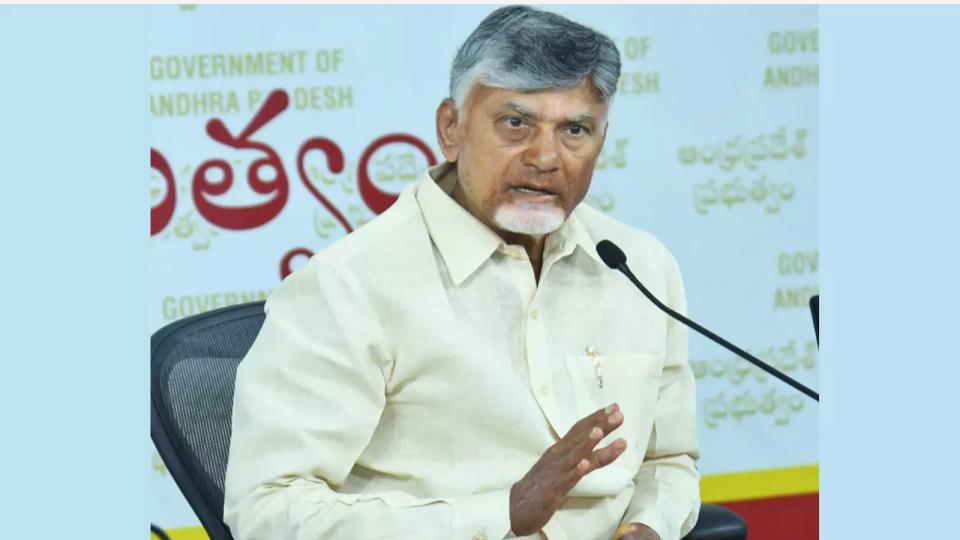
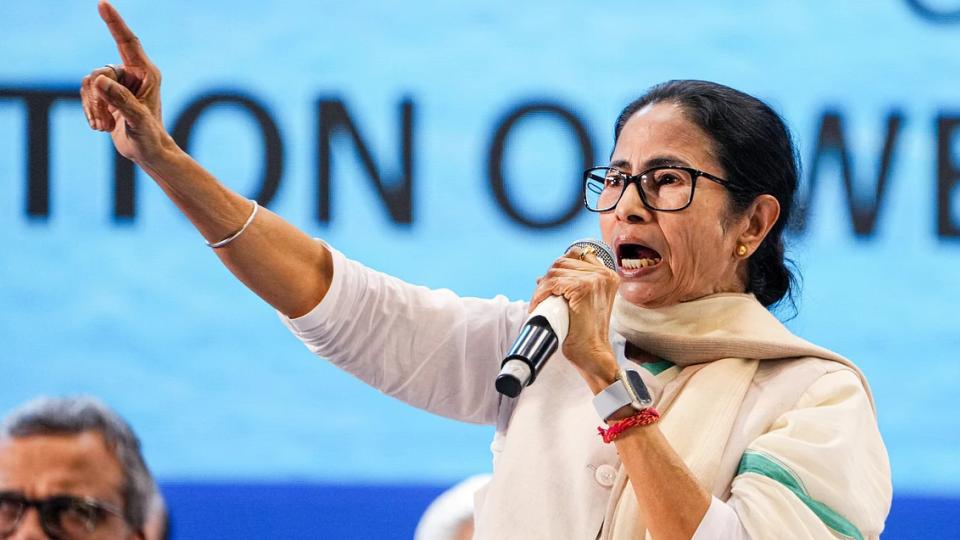
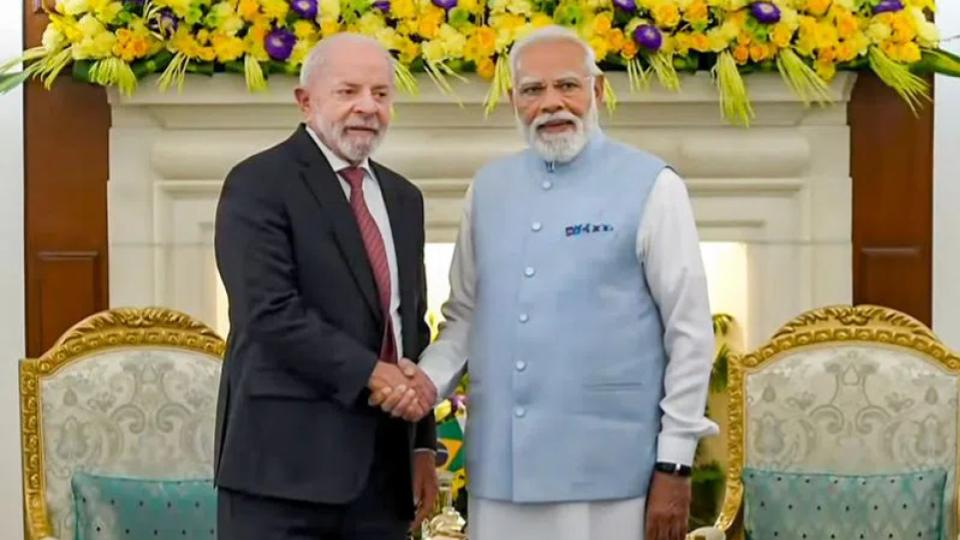

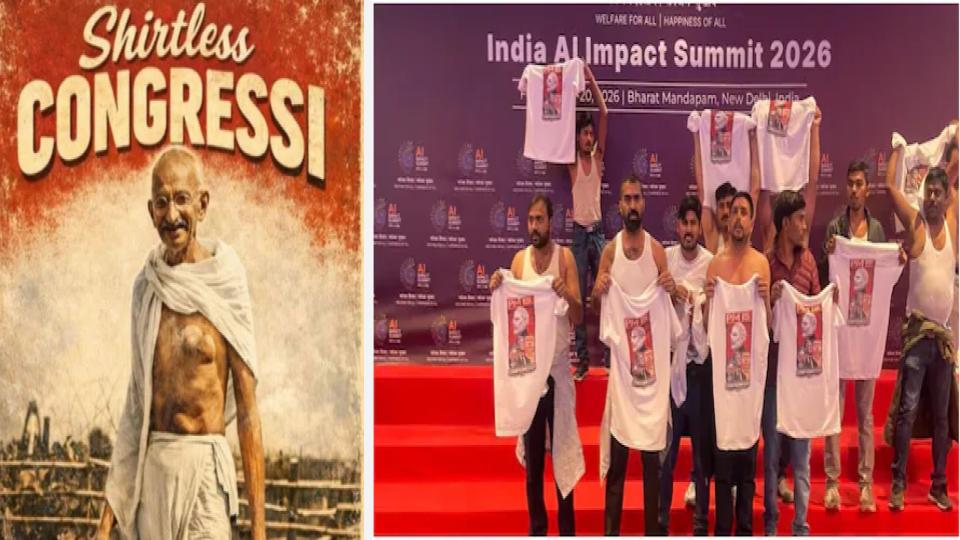

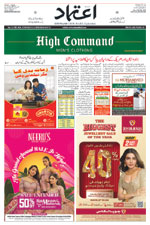










.jpg)
.jpg)
.jpg)


